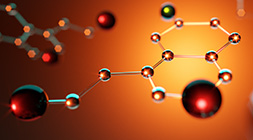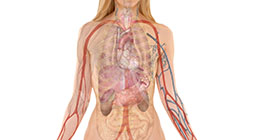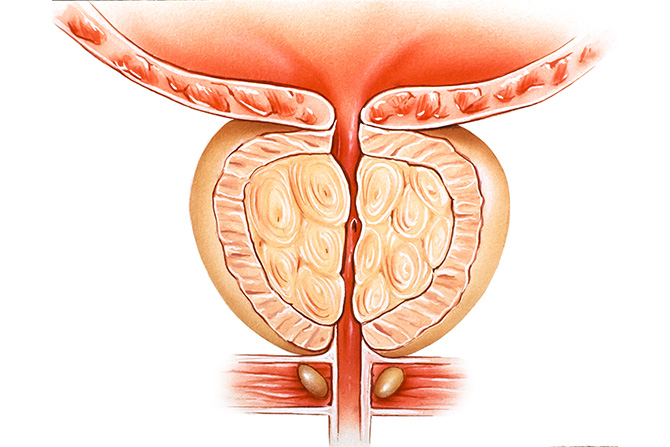Overview
Symptoms
Causes
Prescription
Health Tips
The prostate is a small, chestnut-sized gland located just below a man’s bladder. It is wrapped around the urethra, the pathway for seminal fluid and urine. Benign prostatic hyperplasia (BPH), also known as an enlarged prostate, occurs when the prostate gland becomes enlarged. As the gland swells, it may inhibit normal urinary flow and ejaculation of semen.
BPH is very common, affecting men as they age. About 50 percent of men over the age of 60 will experience BPH. By age 80, the number jumps to 90 percent. Only around 30 percent of men will experience symptoms with the most negative effects.
Although BPH is generally harmless, it is important to rule out more serious conditions when symptoms begin. The size of the prostate does not determine the severity of symptoms. Men with only a slightly enlarged prostate may suffer much more than someone with a very enlarged prostate.
BPH is non-cancerous but can cause harm if not treated early enough. Left untreated after symptoms arise, obstruction of the bladder may occur. This can cause kidney damage and may be life-threatening. Immediate medical treatment is required for a bladder obstruction.
Symptoms
While reactions vary, the swelling of the prostate due to BPH may cause the following symptoms:
- Difficulty starting urination
- Frequent urge to urinate
- Inability to fully empty the bladder
- Increased nighttime urination
- Interrupted or weak urine flow
- Pain or discomfort during ejaculation
Causes
The cause of BPH is not totally understood. It is known that when testosterone decreases while estrogen and dihydrotestosterone (DHT) increase, these changes cause prostate tissue to grow. Chronic constipation also puts extra pressure on the gland causing inflammation. Other risk factors include: excess weight, a sedentary life style, family history, being over 40 years old, having type 2 diabetes, a poor immune system, a diet high in poor-quality fats and low in vegetables, atherosclerosis, high blood pressure, high LDL (bad cholesterol) levels, and erectile dysfunction.
Zinc deficiency appears to be critical in the onset of BPH and prostatitis. It is vital for healthy hormone metabolism and is present in prostatic fluid. Supplementing with zinc can reduce the size of the gland and enhance the immune system’s ability to deal with prostatitis.
Prescription for Health
| Nutrient | Dosage | Action |
|---|---|---|
| Moducare®
(Beta-Sitosterol, Beta-Sitosterolin-Beta-D-Glucoside) |
20 mg / 0.2 mg
Adults and children 17 years and older take 1 capsules three times daily OR 2 capsules upon rising and 1 capsule before bed. |
Helps to support a healthy immune balance; helps to improve urinary flow and reduce nighttime awakenings; German research has shown it effective in reducing symptoms of BPH, and halting the conversion of testosterone to DHT |
| Zinc citrate | 30–60 mg | Reduces prostate size and symptoms, inhibits conversion of testosterone to DHT |
| Whey protein powder | One to two scoops daily | High-protein diets inhibit 5-alpha-reductase, which converts testosterone to DHT |
| Lycopene | Two capsules daily | Reduces risk of prostate disease |
| Omega-3 fish oil | 1–2 Tbsp (15–30 mL) daily | Anti-inflammatory, supports cell membranes, reduces BPH symptoms |
| Bifidobacterium longum BB536 | Two to four caps containing 1–2 billion active organisms daily | Improves intestinal flora to reduce harmful bacteria; required if antibiotics are being taken for prostatitis |
| Pygeum africanum standardized to contain triterpenes, sterols, and n-docosanol | 50 mg twice daily | Alleviates symptoms |
| Stinging nettle extract | 300 mg daily | Suppresses prostate membrane activity, which may in turn lower inflammation and tissue enlargement and inhibit prostate cell growth |
| Quercitin | 1000 mg daily | Clears symptoms of prostatitis |
Health Tips to Enhance Healing
- Avoid medications that contain antihistamines and decongestants because they may aggravate BPH.
- Consume foods high in zinc such as legumes and pumpkin seeds every day.
- Eliminate substances that increase inflammation in the body such as alcohol, caffeine, and sugar. Alcohol consumption may also lead to zinc deficiency.
- Get checked for excess cadmium. Cadmium interferes with zinc absorption and increases the enzyme 5-alpha reductase, promoting the conversion of testosterone to DHT.
- High cholesterol levels increase the risk of BPH and should be kept below 200 mg/dL.
- Stop smoking cigarettes, as they contain cadmium.
- Treat constipation.











